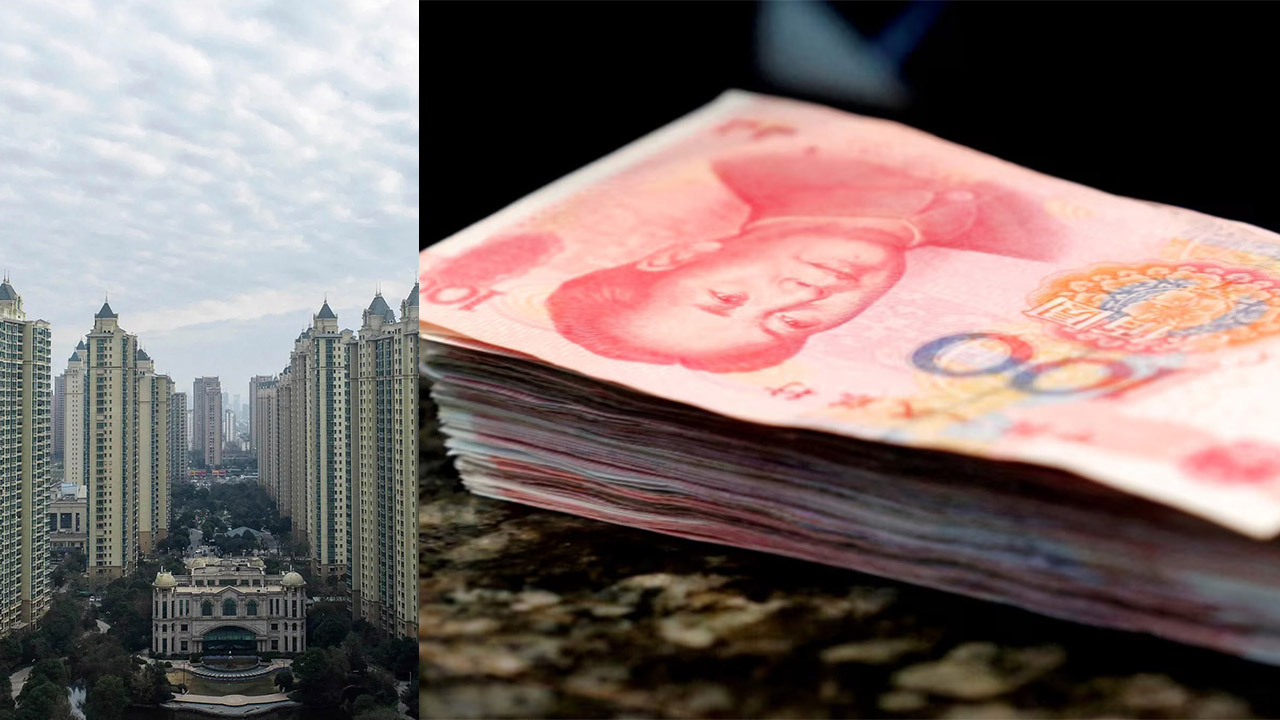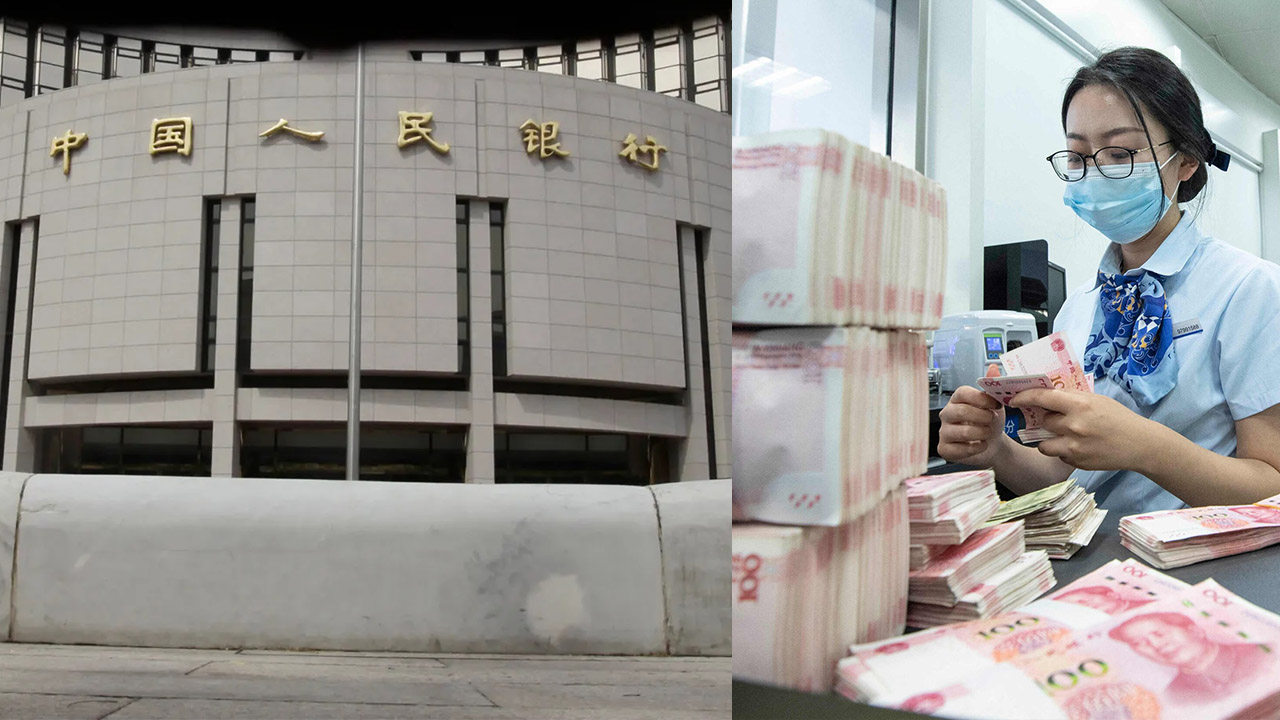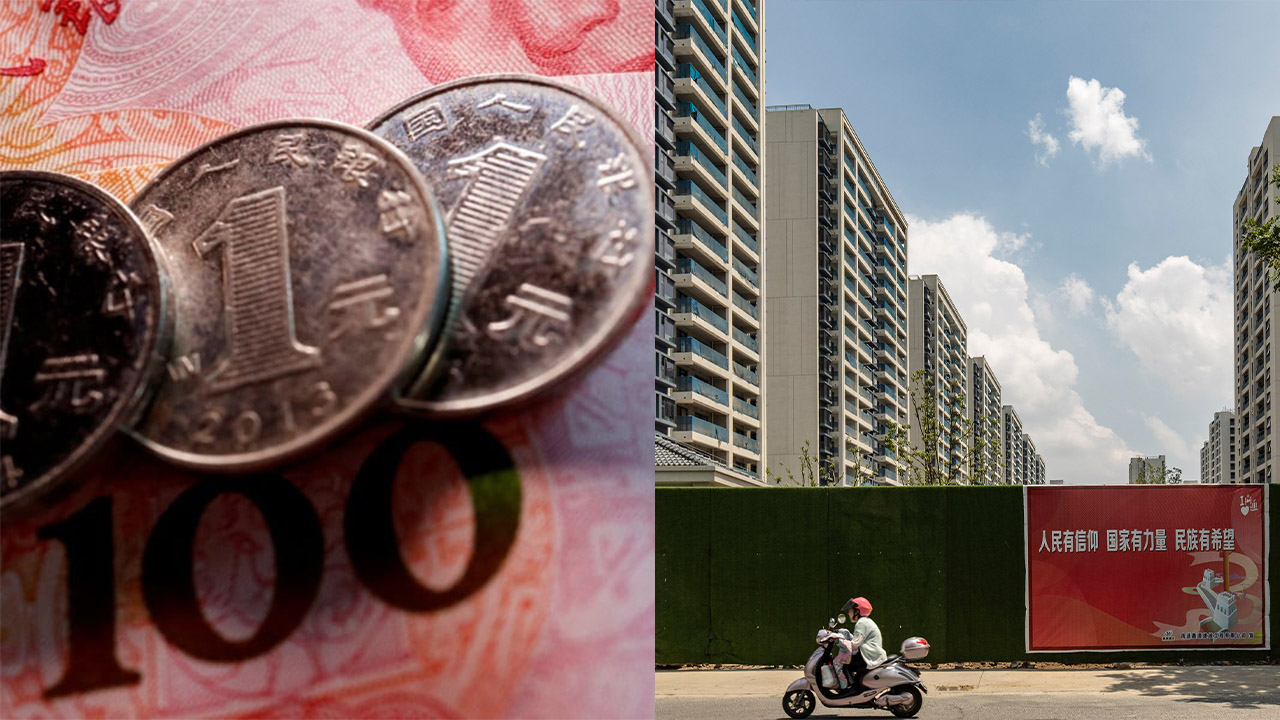When inflation is high, a central bank typically scrutinizes whether interest rates are too low. This has been an ongoing debate in the US. But what about when inflation is virtually nonexistent, as is the case in China? Such a concern might seem peculiar, right?
Well, that’s precisely the focus of the People’s Bank of China (PBOC). On Friday, the PBOC issued its latest cautionary note regarding a decline in bond yields to their lowest levels on record, further highlighting its growing apprehension, which began surfacing last month.
This newsletter has previously highlighted that China’s steady decline in interest rates mirrors Japan’s experience, where ultra-low borrowing costs became indicative of its reduced potential.
The PBOC hinted at such a resemblance, insisting that yields “will be within a reasonable range that matches the economic outlook” while emphasizing optimism about China’s long-term growth prospects.
Analyzing Beijing’s concerns sheds light on some underlying challenges facing the Chinese economy, not to mention President Xi Jinping’s priorities.
As Societe Generale SA economists Wei Yao and Michelle Lam emphasized, “The most important policy lesson from China in recent years has been that politics guides everything.”

First and foremost, China’s low interest rates pose a challenge to its currency. On Friday, ten-year government bond yields hovered around 2.32%, compared to approximately 4.5% for 10-year US Treasuries. The benchmark seven-day rate stood at less than 1.9%, significantly lower than the US equivalent of over 5.3%.
Given the limited prospects for the Federal Reserve to lower interest rates in the near future, declining Chinese rates incentivize investors to opt for dollars over yuan.
Consequently, Chinese companies are refraining from repatriating their export earnings. In March, their settlement ratio into greenbacks hit its lowest point for any March since 2016, according to JPMorgan Chase & Co.
Years ago, a depreciating yuan might have been beneficial for China, enhancing its export competitiveness. However, the globalization of supply chains has reduced the relevance of exchange rates.
Once manufacturing relocates to China, rebuilding lost industrial capacity becomes challenging. Similarly, Japan’s consistently depreciating yen has had limited success in revitalizing its competitiveness.
In line with Xi’s priorities, he recently emphasized that a robust yuan is integral to the “financial power” he envisions for China. SocGen analysts Yao and Lam noted that China desires a “mighty” currency, particularly in international trade, payment, and the financial system
Therefore, while the policy stance doesn’t necessarily imply a strong currency valuation, it wouldn’t bode well with a significantly weakened yuan or persistent devaluation.
The risk of record-low Chinese yields undermining the yuan is one reason for the PBOC’s concern.

Another concern is financial stability. Institutions loading up on seemingly risk-free government bonds could face mark-to-market losses if interest rates rise. This scenario precipitated the collapse of Silicon Valley Bank in the US over a year ago.
A PBOC official highlighted this danger in one of the central bank’s warnings last month, published in the central bank-backed Financial News.
Concerns swiftly translated into action: regulators scrutinized smaller banks’ bond purchases, and rural banks in some regions were specifically advised to limit their exposure to ultra-long-term government bonds.
Xi and his team have consistently stressed the importance of lenders extending credit to the “real economy.” Investing heavily in government bonds doesn’t align with this directive.
However, demand for “real economy” lending remains weak outside of Xi’s favored areas of advanced manufacturing and infrastructure.
Confidence remains low following the property-sector crash, which the government initiated to rein in financial stability risks associated with highly leveraged developers.
This brings us back to why yields—and inflation—are so low in China: they reflect diminished economic prospects.
So, when will the problem of excessively low yields be resolved? It might take quite some time. Japan is only now starting to find a way out.







Leave a Reply